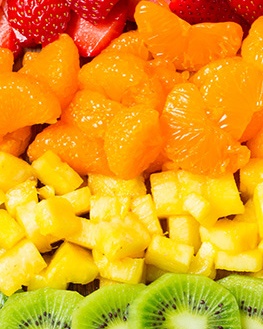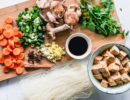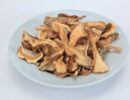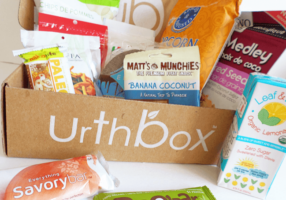A lot of people wonder how vegans can stay healthy, which is ironic, as becoming more healthy was one of the main reasons I became vegan!
This article explains everything you need to know about how to be vegan and stay healthy. But first, let’s look at what being on a vegan diet means.
What is a Vegan Diet?
A vegan diet consists of foods that come from plants. Vegans ensure they do not consume any products that are derived from animals (meat, cow milk) or by animals (eggs, honey).
The motivations for members who follow this diet vary, but most fall into three groups:
- Those who believe in treating animals ethically and humanely
- People who are motivated to reduce their impact on the environment.
- People who want to follow a plant-based diet due to the health benefits (there are many!)
How healthy is a vegan diet?
Stated in a paper from the American Diabetic Association in 2009 it is believed that “(the vegan diet is) healthful, nutritionally adequate, and may provide health benefits in the prevention and treatment of certain diseases.”
So, a balanced vegan diet reduces the likelihood of certain types of cancer, reduces the risk of osteoporosis and reduces the risk of diabetes.
If you would like a little more inspiration of how to be vegan and remain healthy, sign up for our mailing list – we only send you the best tips for optimum health!
Health benefits of a vegan diet
So we know what it means to be vegan and stay healthy, but what kind of health benefits can be expected? Normal blood pressure increased energy levels, reductions in cardiovascular disease and some types of cancer, the list, goes on.
To ensure that you are deriving all of the benefits you will have to thoughtfully balance your diet with a mix of vegetables, fruit, legumes/seeds/nuts, and grains.

What are the best foods to eat when you are vegan?
Vegetables
Eating a vast array of different and bright-colored vegetables will ensure a healthy foundation for your body.
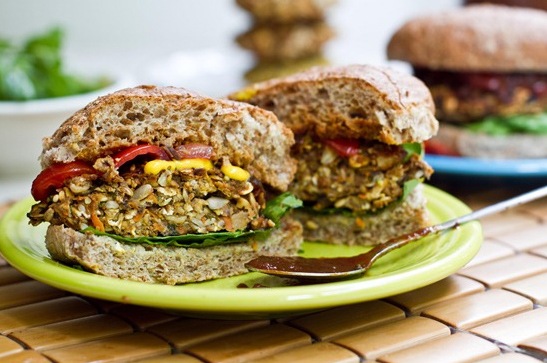
Image courtesy of OhSheGlows
You will want to consume 4+ servings of vegetables per day.
An example serving is 1 cup of raw or ½ a cup of cooked vegetables.
Pro Tip – do not overcook your vegetables, lightly steam them. This will ensure you do not cook away the nutrients.
Wondering how to make yummy nutritious vegan meals? We’ve found 21 amazing vegan cookbooks to help you on your journey.
Fruits
For me, this is the fun part! Fruit is an amazingly delicious way to eat your recommended daily vitamins and nutrients. Full of vitamin C and packed full of antioxidants.
The suggested per day consumption of fruit is 2+ servings per day. This can come in the form of 1 cup of sliced fruit or ½ cup of juice.
Legumes, Seeds, and Nuts
The recommended serving for these delightful foods is 4+ times a day. Eating these delicious ingredients will give you a chance to consume protein, B vitamins, and essential fatty acids.
Examples of these foods are lentils, seeds, and soybeans.
There are studies that show that soybeans can reduce the likelihood of breast cancer, osteoporosis, and prostate cancer.
Grains
Grains are also packed full of essential nutrients. Convenient sources of grains are brown rice, quinoa, and oats – to name a few.
An example serving is 1 piece of bread or an ounce of oats.
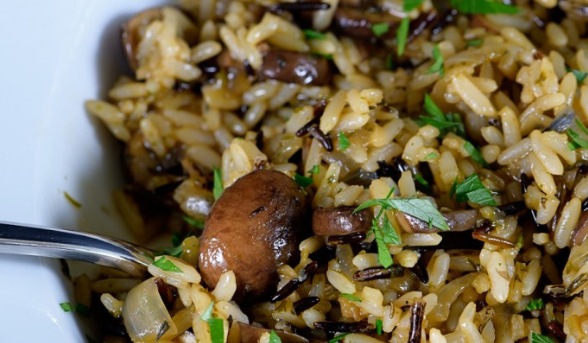
Additionally, you will want to make every effort to ensure you are getting the recommended levels of B12, Vitamin D, Calcium and Iron.
Nutrition 101 for Vegans
Everyone has to be mindful as to what they are putting into their body, most importantly for the nutrients that are necessary for optimum health. If you want to be vegan and stay healthy, there are three main nutrients that need to be planned into your diet.
B12
Vitamin B12 is essential for cognitive function and red cell formation.
Vegans should consume adequate amounts of B12 in their everyday diet; this can be achieved via the following non-supplement forms. This is a non-exhaustive list:
- Plant-based milk
- Nutritional Yeast
- Energy Bars
This is not foolproof, though. If you are coming up short you may need to take supplements. The recommendation is 10-100 milligrams per day.
Vitamin D
Also known as the “sunshine hormone” you can get this from, you guessed it, the sun. The level at which your body can produce this depends on a few things such as skin pigmentation and exposure to quality amounts of sun.

To ensure that you are getting enough of this nutrient you can consult a local health physician to get a blood test.
Omega 3
Consuming a balanced level of oily fats will increase your likelihood of enjoying health benefits such as optimal cognitive function and cardiovascular health (to name a few).
You can get your source of Omega 3 from the following;
- Hemp seed oil
- Walnuts
- Tofu
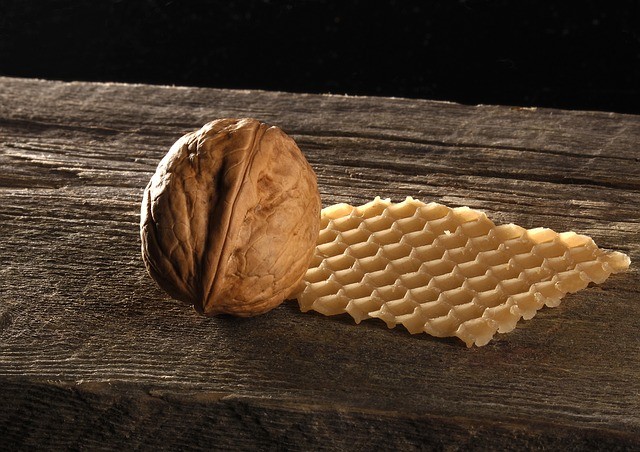
α-linolenic acid (ALA)
ALA helps your body to produce Omega 3. It is suggested that you consume 2-4 grams of ALA per day.
This can be sourced via Nuts (walnuts especially) and Leafy Greens
Iron
Put simply; iron helps carry oxygen around the body. Symptoms of not consuming enough can be fatigue, foggy brain (and other symptoms).
It’s an excellent idea to know how much iron you need to consume. Use this handy resource to double-check.
Protein
If you eat a healthy balanced plant-based diet, you should derive all of the protein required for optimal health.
Your age and circumstances will judge the amount of protein you need. For more information, please consult the World Health Organizations resources here.
Calcium
Calcium is one of the components you require for optimum bone health. You need to drink cow’s milk to consume calcium, right?
No, not exactly.
Drinking cow’s milk is hard on the digestive system, and can sometimes create more harm than good. If you would like to derive your calcium intake from another, healthier source, then you have the option to eat broccoli, leafy greens, chickpeas. For more information see our article on the best natural, plant-based foods rich in calcium.

Adults require about 1000 mg/day, but this can vary based on age and circumstances. For more information regarding consumption, you can see this resource here.
Check out this infographic below for more information about why the meat and dairy industry are bad for us and the environment.

How do you stay healthy as a vegan? Let us know in the comments below!
![]()

